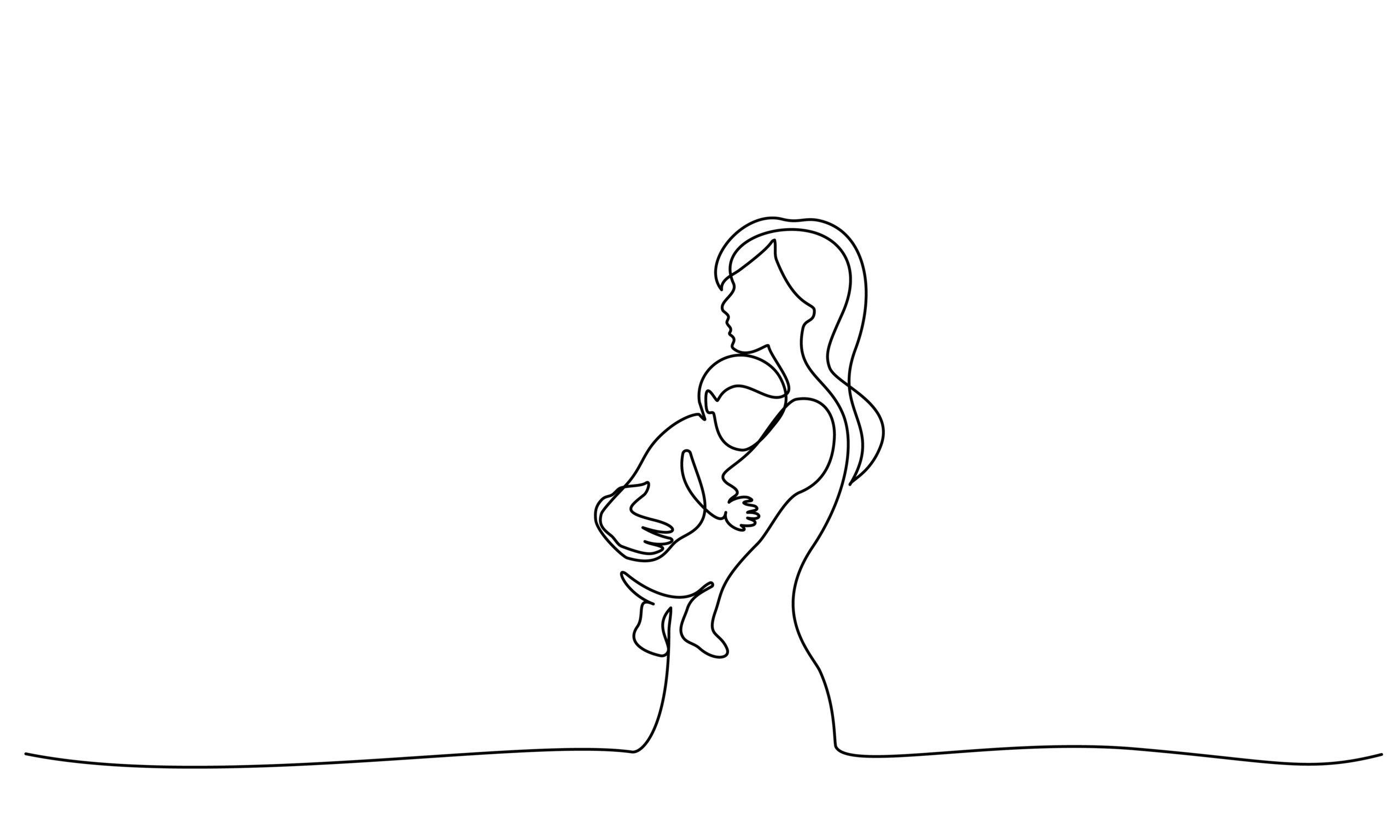
February 27, 2024
Options for Improving the Child Tax Credit Provisions in H.R. 7024, the Tax Relief for American Families and Workers Act of 2024
H.R. 7024, the Tax Relief for American Families and Workers Act of 2024, passed the House on January 31, 2024 and now faces an uncertain fate in the Senate. The bill is intended to offer something for both Republicans and Democrats—business tax cuts and an expansion of the Child Tax Credit (CTC). But this bargain—which…

February 8, 2024
CTC Expansion Rooted in Desire to Roll Back Work-based Welfare
Modifications to the child tax credit (CTC) are included in H.R. 7024, the Tax Relief for American Families and Workers Act of 2024, which the House of Representatives approved on January 31, 2024. That legislation pairs an extension of expired business tax relief policies, generally sought by Republicans, with an expansion of the CTC, which…

January 22, 2024
SNAP to it, Congress — we need to address the obesity crisis now
The United States has witnessed historic and escalating rates of obesity among adults in recent decades. As of 2020, official government statistics indicate that obesity inflicts 42 percent of Americans, including one in five children. Obesity disproportionately affects low-income populations, who often rely on federal programs for assistance. Congress can combat the obesity epidemic by reforming federal programs,…

January 19, 2024
The Work Incentive and Employment Effects of Eliminating the Child Tax Credit’s Annual Income Requirement
Abstract Senior House and Senate tax committee leaders agreed to a framework for modifying the Child Tax Credit on January 16, 2024. The most consequential reform would eliminate the Child Tax Credit’s annual income requirement by allowing individuals to calculate their eligibility using their current or prior year’s income, whichever year maximizes the family’s benefit….

January 9, 2024
The Success Sequence for Unmarried Mothers
As covered on these pages before, the success sequence—graduating high school, working full-time, and marrying before having children—has been proven to be an effective way for young people to avoid poverty. Research consistently finds that young people who follow these life steps have poverty rates dramatically below those who do not follow these steps. In a new study, I show that…

January 8, 2024
Dynamics of Families After a Nonmarital Birth
Abstract Despite known links between poverty rates and unmarried parenthood, we know little about how changes in family situations after a nonmarital birth affect poverty. This study explores Future of Families and Child Wellbeing Study data to document changes to the relationship status, employment status, and education level of a cohort of unmarried mothers who…

December 8, 2023
Room for Compromise on the Hot Foods Act
Last month, members of the House of Representatives and Senate sent a letter encouraging Farm Bill negotiators to consider the Hot Foods Act. The legislation would allow recipients of the Supplemental Nutrition Assistance Program (SNAP, formerly food stamps) to use their benefits on hot prepared meals sold at grocery stores. Currently, the program restricts hot foods from purchase…

October 27, 2023
Food Insecurity in the US and Inflation
The US Department of Agriculture (USDA) has released its annual report on household food security—a survey that measures whether US households have “access at all times to enough food for an active, healthy lifestyle.” The report documented the largest yearly increase in food insecurity since the Great Recession—increasing from 10.2 to 12.8 percent of all US households…

October 17, 2023
Understanding Poverty Measurement
COSM scholars and AEI affiliates include some of the nation’s foremost experts on poverty measurement. On October 17, COSM gathered several of these scholars to provide a primer on opportunity in the United States. Angela Rachidi began by exploring the meaning of poverty, outlining the most fundamental decisions in measuring it and describing how different…

July 2, 2021
Addressing the Shortcomings of the Supplemental Poverty Measure
Key Points Read the PDF. Executive Summary The US Census Bureau publishes the Supplemental Poverty Measure (SPM) each year to provide important information on low-income Americans’ well-being. In early 2021, a National Academies of Sciences, Engineering, and Medicine (NASEM) panel formed to evaluate and recommend improvements to the SPM. To inform the NASEM panel and…